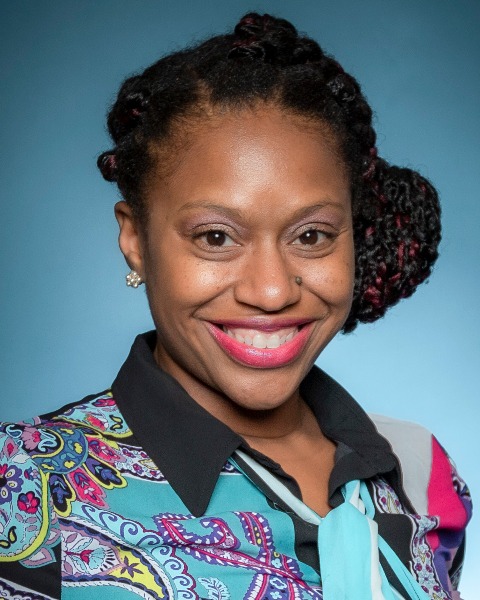Roundtable - 15 minutes for each presentation
Leadership, Mentoring, and Training the Next Workforce
B3. Roundtable: Building a Stronger Workforce: Equitable Approaches to Maternal and Child Health Development
B3.01 - Roundtable: Launching the MA CHERE Lab: Mentoring the Next Generation of Maternal and Child Health Leaders
Wednesday, April 16, 2025
1:30 PM - 1:45 PM PST
Location: Catalina, 2nd Floor
Earn 1.0 Advanced CECH
Area of Responsibility: Area VII: Leadership and Management@@@Area VIII: Ethics and Professionalism
Subcompetencies: 7.2 Prepare others to provide health education and promotion., Research or Practice: Practice
Subcompetencies: 7.2 Prepare others to provide health education and promotion., Research or Practice: Practice

Tyra T. Gross, PhD, MPH (she/her/hers)
Associate Professor, Department Head
Xavier University of Louisiana
New Orleans, Louisiana, United States
Presenter(s)
Learning Objectives:
At the end of this session, participants will be able to:
- Describe the key activities of the student-centered, Maternal and Child Health Equity Research (MA CHERE) Lab at an HBCU
- Discuss opportunities to promote maternal and child health, both professionally and personally, at minority-serving institutions like HBCUs
- Brainstorm ways to advance maternal and child health despite economic, political and social challenges
Detailed abstract description: Xavier University of Louisiana (XULA) is a historically Black college & university (HBCU) in New Orleans, LA known for graduating students that enter health professions. With a majority student population of young Black people, there are opportunites to educate on maternal and child health for professional development as well as for student preconception well-being. The Maternal and Child Health Equity Research (MA CHERE) Lab is a new initiative launched in Spring 2024 at XULA with the aim of fostering diversity in public health and conducting research on maternal and child health. The lab offers a unique opportunity for undergraduate and graduate students to gain hands-on research experience, develop essential skills for campus and community outreach, participate in professional development activities, and contribute to addressing pressing health disparities. The lab is directed by a mid-career faculty member of public health and supported by student interns. Key Activities and Initiatives of the new lab include: 1. Undergraduate Elective Course: The lab offers a new undergraduate elective course that provides students with a comprehensive introduction to maternal and child health research. Graduate students have also requested a similar course. 2. Undergraduate and Graduate Internships: The lab hosts undergraduate and graduate interns who work on various research projects under the mentorship of faculty and graduate students. Interns gain valuable experience in conducting research, analyzing data, and presenting findings. External students are also welcome to receive mentorship on graduate theses and dissertations. 3. Student Events and Activities: The lab organizes a variety of student events and activities, including workshops, seminars, and guest lectures. These events provide opportunities for students to network with peers and experts in the field, learn about new research developments, and explore career paths in public health. 4. Faculty Mini Grants: The MA CHERE Lab also offers small mini grants to faculty across campus interested in maternal and child health. These grants aim to increase institutional capacity by supporting faculty research projects and fostering collaboration among researchers. Initial implementation has been well received across campus and the community. Challenges to sustainability include turnover of students, securing funding for interns and other program activities. Future ideas include developing study tour and/or study abroad trips to study Black maternal health in other states and countries, developing a campus working group, hiring additional research and program staff, and building more partnerships locally and abroad for collaboration.
